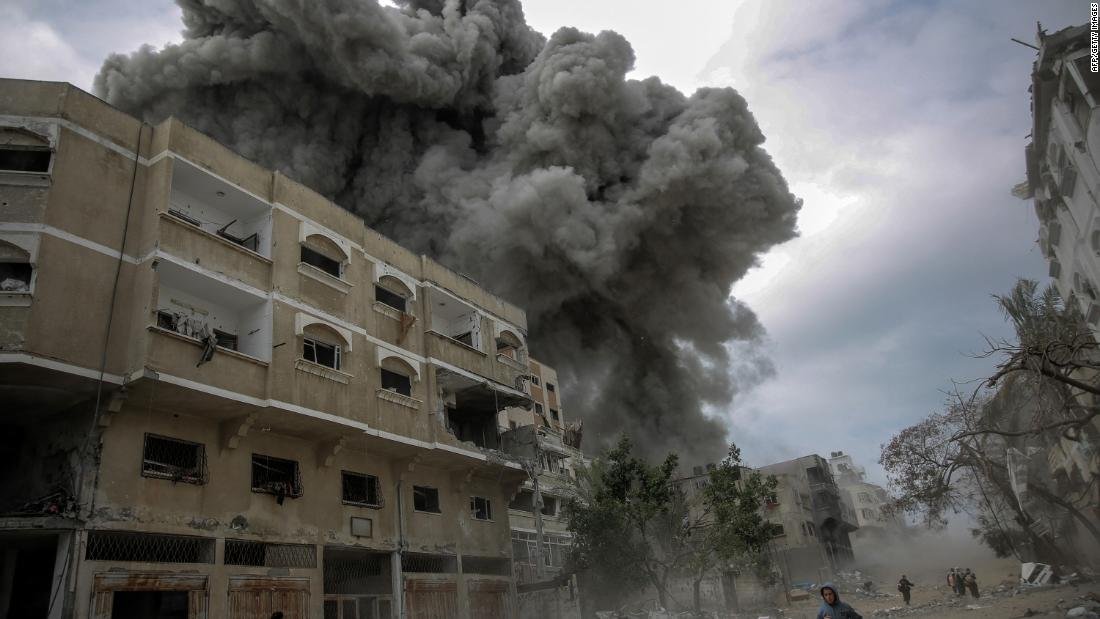In the heart of Gaza, amidst the rubble and echoes of conflict, lies al-Shifa Hospital. This institution, a beacon of hope for many, recently found itself at the center of an operation that has captured international attention. The week-long raid by Israel into this medical facility marks a significant chapter in the ongoing six-month war—a story that intertwines the lives of countless individuals with broader geopolitical strategies.
The Israeli Defense Forces (IDF) embarked on what they described as one of their largest and most successful operations within this period. Over 800 men were detained during this raid, with claims from Israel that 480 among them are members affiliated with Hamas and Islamic Jihad. Amidst these strategic moves on the chessboard of conflict, it’s reported that at least 170 people lost their lives, though Israel asserts efforts were made to avoid civilian casualties.
As someone deeply invested in family and community values, it’s impossible not to pause here and reflect on the human dimension behind these numbers. Each individual detained or lost leaves behind a network—a family grappling with uncertainty or mourning a profound loss. These are moments when dinner tables have empty chairs; when children’s laughter is replaced by silence or confusion about where their loved ones are.
Amidst these developments, top Israeli defense officials had planned discussions with Washington regarding an offensive into Rafah—another move fraught with potential for further displacement and distress among communities already bearing heavy burdens. However, this conversation hangs in balance following a UN Security Council ceasefire resolution passed despite previous U.S opposition—a glimmer of hope for peace yet shadowed by skepticism since both Hamas and Israel express opposition to it.
This narrative unfolding in Gaza isn’t just about military strategies or political maneuvers; it’s about families caught in turmoil whose stories compel us to look beyond headlines into human experiences shared across borders—experiences defined by love, loss, resilience.
As we consider policies shaping such conflicts’ futures and discuss them within our communities or platforms like ValuesVanguard.com., let’s remember those personal anecdotes alongside analyses. They remind us why strengthening family and community institutions matters—not only within our immediate surroundings but also in how we empathize with others globally facing crises threatening those very foundations.
While we navigate these complex issues together—seeking solutions rooted in conservative values emphasizing family unity and community support—we’re reminded that every policy decision has faces behind it: mothers waiting for sons to return home safely; fathers praying for peace so they can rebuild homes; children hoping for a future where hospitals like al-Shifa can be places solely dedicated to healing again rather than being ensnared in conflict zones.
Our collective advocacy for policies bolstering strong families and communities doesn’t stop at borders—it extends wherever human dignity is threatened amidst strife. As we continue discussing events like Israel’s raid into Gaza’s al-Shifa Hospital through lenses grounded in humanity first approach , may our conversations always lead back to compassionately considering those directly affected—and how we might contribute towards fostering environments where every individual has the opportunity to thrive peacefully within robust familial bonds.

Leave a Reply